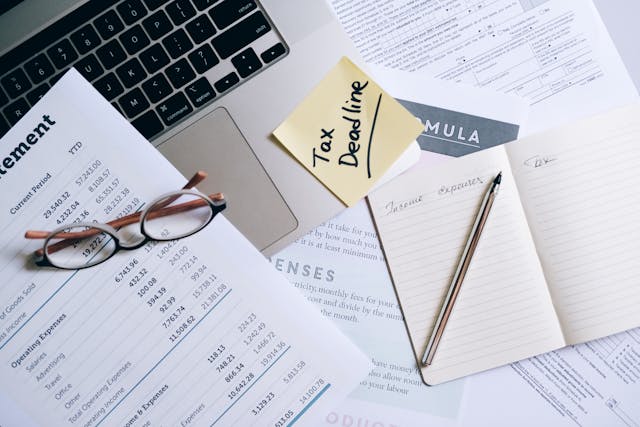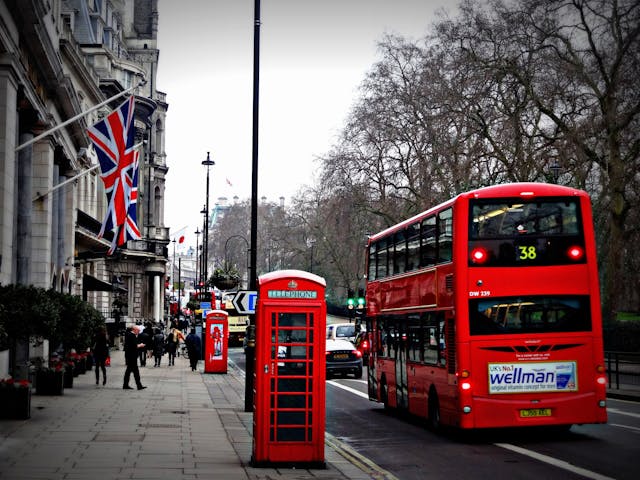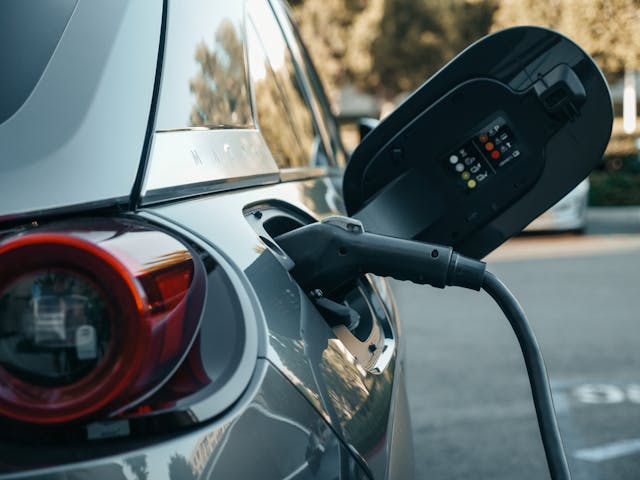
Important Tax Deadlines & Events (Updated For 2025)
It is crucial to stay on top of key tax dates to keep your financial affairs in order. Here’s a friendly reminder of the important tax deadlines this year.


It is crucial to stay on top of key tax dates to keep your financial affairs in order. Here’s a friendly reminder of the important tax deadlines this year.

Discover the suggested reimbursement rates for employees’ private mileage using their company car.

Now is the perfect time to review your finances and make sure you’re making the most of available tax reliefs and allowances.

It is that time of year again for staff parties and annual functions, so it is important to make sure you record it properly.

The main rate of inheritance tax remains at 40%, reduced to 36% for estates where 10% or more is left to charity. The inheritance tax nil

The government’s promised new Fair Payments Code was launched last month to try and tackle late payment problems that can be particularly harmful to small businesses.


The government has unveiled some significant reforms to employment support, underpinned by a £240 million investment.

In the March 2021 Budget, it was announced that CGT Entrepreneurs’ relief (ER) was replaced by CGT Business Asset Disposal relief (BADR) for disposals on or after 11 March 2020.
Many were predicting that the rates of Capital Gains Tax (CGT) paid by individuals would increase, possibly to align with the rates of income tax.

With the October budget approaching, many are speculating about potential changes to Capital Gains Tax (CGT), which could have a significant impact on business owners, entrepreneurs, and investors alike

When a married couple or civil partners separate, tax planning is understandably not at the top of the list of their thoughts. However, a ‘no gain/no loss

Sustainability is no longer a trend or a luxury for big corporations – it’s becoming a vital part of running a successful business, regardless of size. For small and medium-sized enterprises (SMEs) in the UK

How can entrepreneurs improve their financial resilience?
More people than ever before are working for themselves and setting up businesses.

2022/23 income tax, CGT, class 2 and 4 NIC liabilities should have been paid by 31 January 2024 unless you have agreed


It is that time of year again when parents are sending their children off to university. There’s a lot to consider and parents may of course wish to support their children financially, where possible.

Employers should note that certain gifts to staff at Christmas are tax free if structured correctly. Employers are allowed

HMRC have developed an app that can help people prepare for their retirement. Individuals can use the app to check their State Pension Forecast, allowing them to

Some employers need to pay their employees earlier than usual in December. This can be for several reasons, such as businesses closing during the festive period and needing to pay workers earlier

The UK government has announced the extension of first-year allowances (FYAs) for businesses investing in zero-emission cars and electric vehicle (EV) charging points. These allowances enable businesses to deduct 100% of the cost of qualifying investments from their taxable profits in the year of purchase.

The UK government is changing the game for double cab pick-ups with new tax rules coming into force on 6 April 2025. Historically, these vehicles have been treated as vans if they could carry a payload of 1,000kg or more, giving businesses favourable tax benefits. But this approach is shifting, following a landmark court case.
If you are fortunate enough to work within the hospitality industry and in particular within a hotel as a concierge for example then here at

HMRC have also issued new guidance on the penalties that they impose for non- compliance with the Making Tax Digital (MTD) for VAT rules.

Since 2019, the vast majority of VAT registered businesses with a taxable turnover above the VAT threshold (£85,000) have been mandated to keep digital VAT records and send returns using Making Tax Digital (MTD)-compatible software.